This year’s theme for International Women’s Day is #BreakTheBias - a concept that encourages diversity and intersectionality, while shunning stereotypes that harm feminism. Thus, we’ve decided to shine a spotlight on women of colour - those who are often forgotten in a predominantly white movement - and explore some of the greatest feminist works that they have gifted the world.
Hood Feminism: Notes from the Women White Feminists Forgot by Mikki Kendall
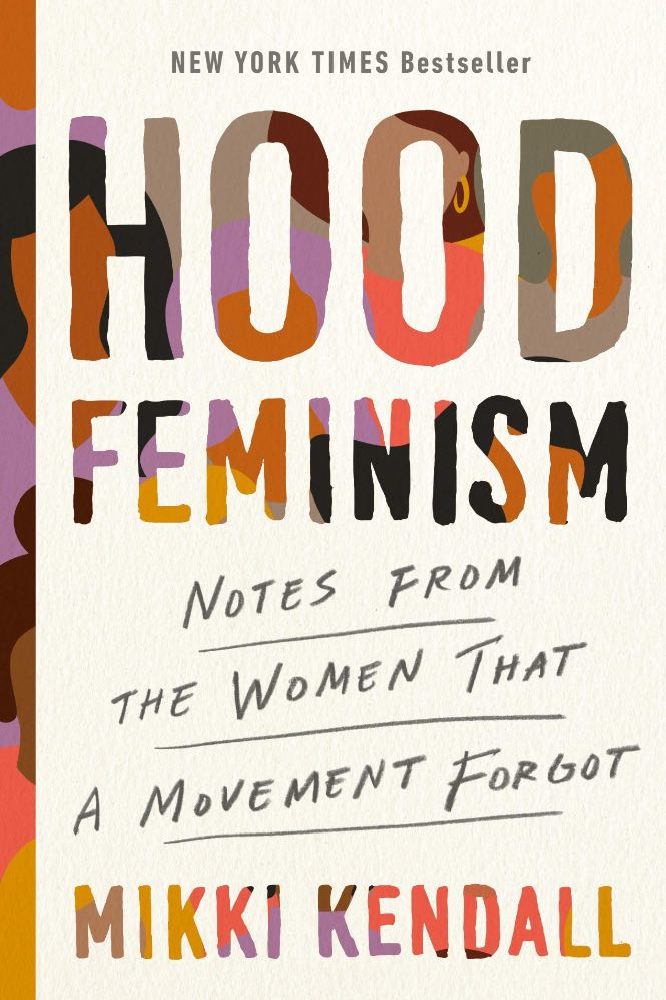
The perfect book for this year’s IWD, Hood Feminism was released in 2020 and shines a light on the things that white privilege feminism regularly omits. Mikki Kendall speaks about poverty, access to decent education, neighbourhoods free of crime, affordable medical care and a living wage among other things as feminist issues. She argues that issues of race should be woven into feminism, particularly white woman contribute to a system that oppresses black women.
We Should All Be Feminists by Chimamanda Ngozi Adichie
Not so much a book as a long essay (so you’ve no excuse to omit this one from your reading), Chimamanda Ngozi Adichie released We Should All Be Feminists in 2014 and explores what the definition of feminism means for the 21st century. She’d originally explored the topic in her 2012 TEDx talk of the same name, encouraging men to get on board with feminism long before the HeForShe campaign began.
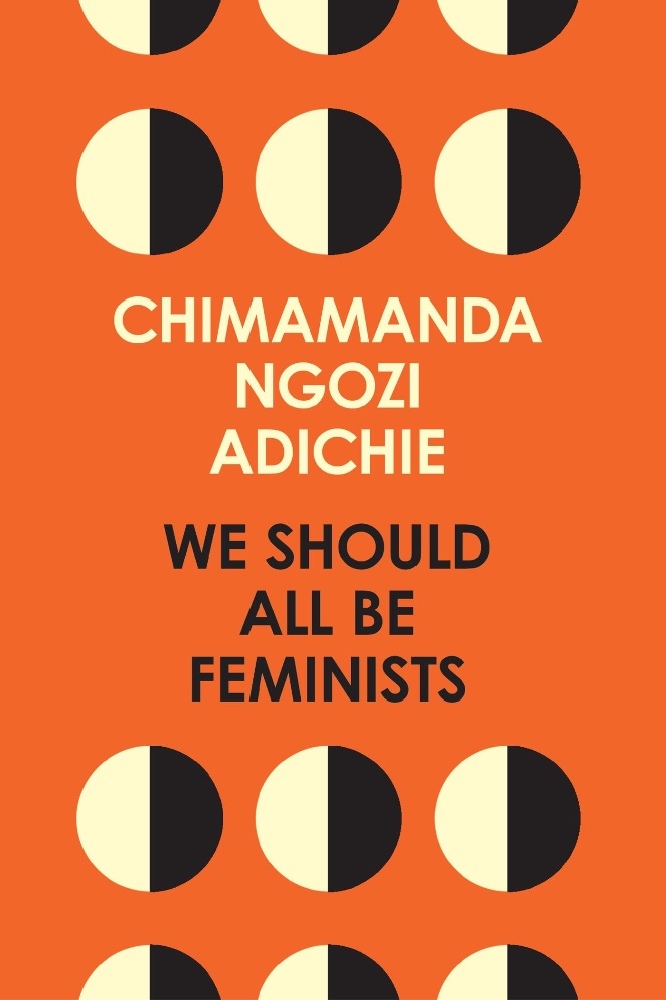
Girl, Woman, Other by Bernardine Evaristo
Another 21st Century read, Bernardine Evaristo released her Booker Prize winning novel Girl, Woman, Other in 2019. Divided into four chapters, each section explores how three different women’s lives interlock - be it through relations, friendships or chance meetings. Intersectionality was a major theme in the novel, exploring inequality through their uniquely human experiences rather than broader things like gender and race.
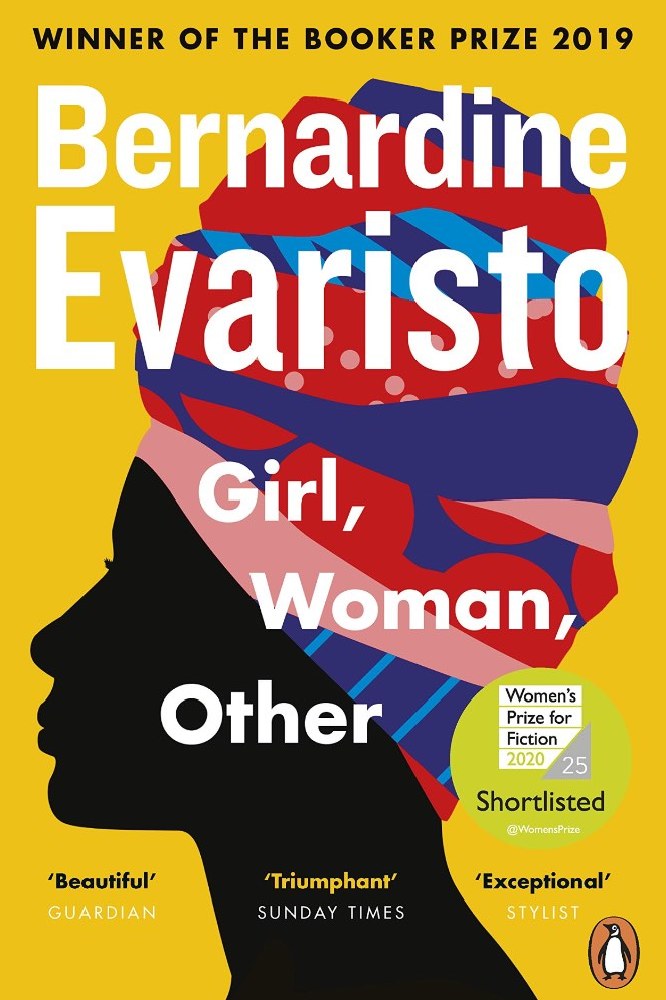
Sister Outsider by Audre Lorde
This collection of prose essays released in 1984 by one of the most important feminists and civil rights activists in history: Audre Lorde. While widely recognised for her poetry, her essays like Age, Race, Class, and Sex: Women Redefining Difference were just as important in the rise of black feminism. She talks about the importance of using your voice, using your privilege to help others and finding common ground with oppressors.
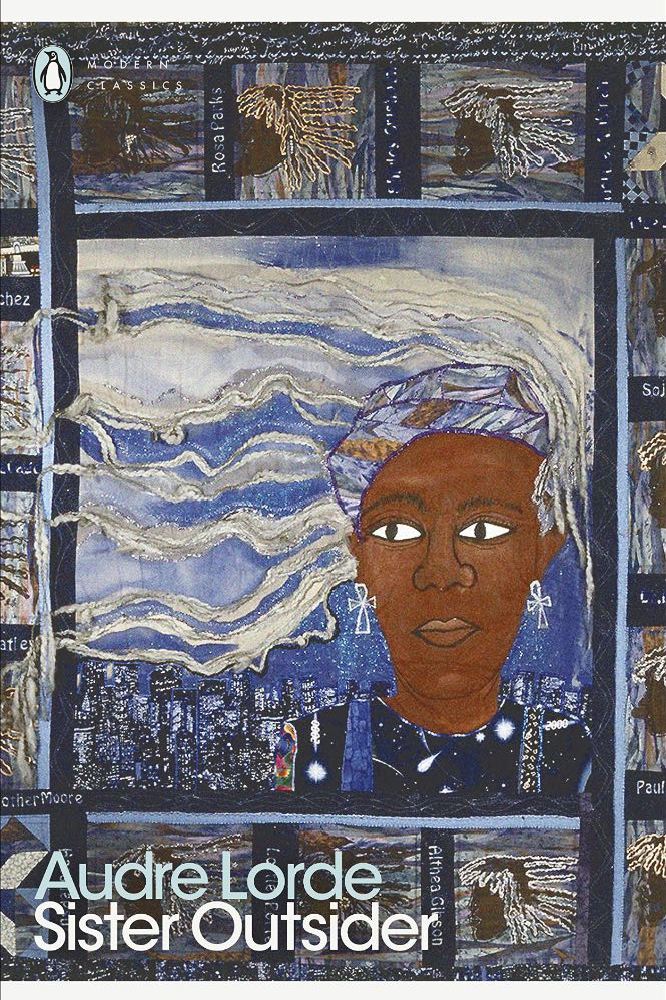
Their Eyes Were Watching God by Zora Neale Hurston
Zora Neale Hurston was an incredible author and anthropologist who, in 1937, released one of the most influential novels of the 20th century: Their Eyes Were Watching God. It’s a coming-of-age story following the life of an African-American woman who struggles through three turbulent marriages and is frequently treated with the minimum amount of respect. Really, it’s a real story about the lives of so many African-American women of the time and was so important in highlighting the feminist issues that plagued black women.
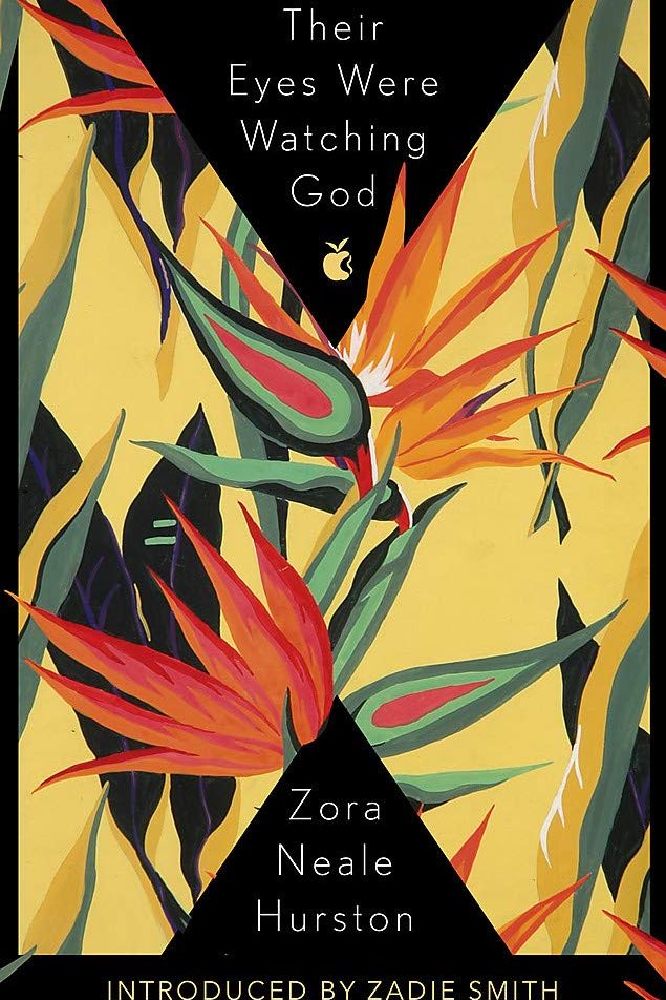
MORE: Prominent black women of American literary history
Sula by Toni Morrison
Released in 1973, Toni Morrison’s novel Sula explores many issues in depth including race and war, but perhaps what stands out the most is the extraordinary friendship between Sula and Nel - two girls who couldn’t be more different, but are the same in so many ways. Sula shuns gender norms, while Nel leads a traditional life - but both are determined not to be treated as something “less than” just because they are women.
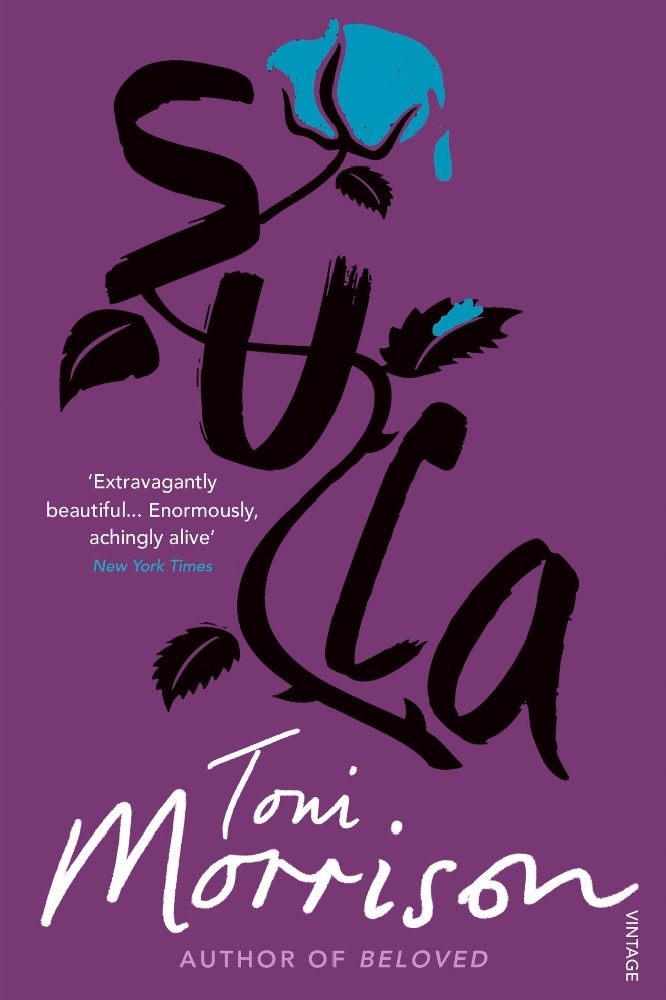
Tagged in International Women's Day feminism

